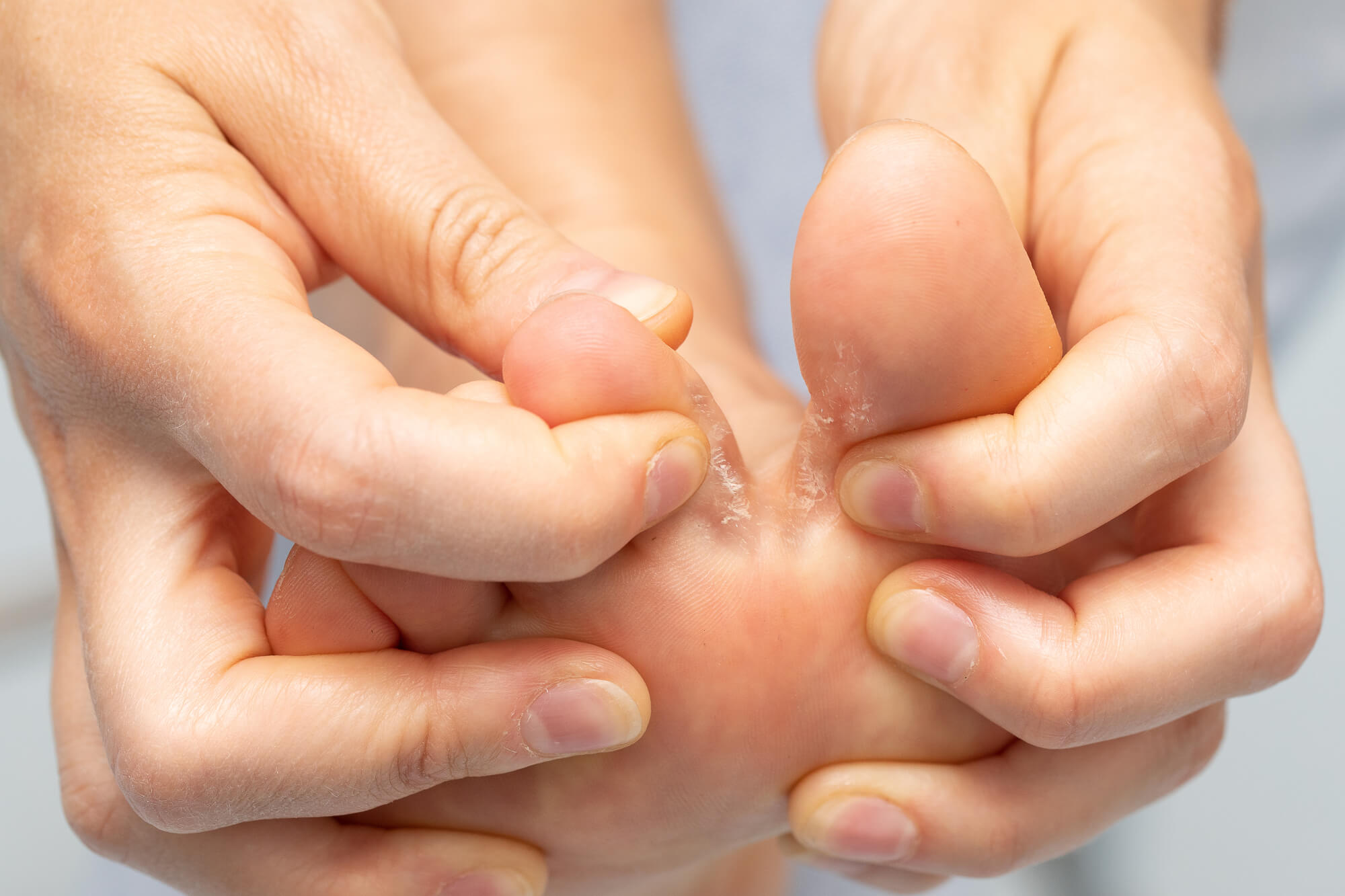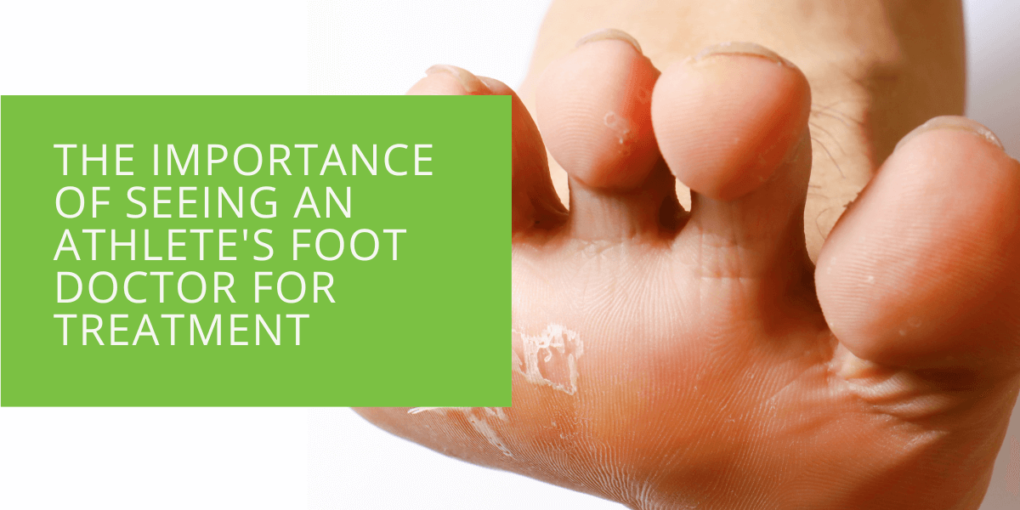The Importance of Seeing an Athlete’s Foot Doctor for Treatment
Athlete's foot is a common fungal infection that affects the feet and toenails. It is caused by a fungus that thrives in warm, damp environments such as locker rooms, public showers, and saunas. The infection can cause scaly, itchy, and blistered skin, and can spread to other parts of the body if left untreated. While over-the-counter antifungal creams and powders can provide temporary relief, seeing a podiatrist for athlete's foot treatment is crucial for preventing complications and recurrence.
What is Athlete's Foot?
Athlete's foot, also known as tinea pedis, is a fungal infection that affects the skin on the feet and toenails. It is caused by a fungus that thrives in warm, damp environments such as locker rooms, public showers, and saunas. The fungus can enter the skin through small cracks and cause various symptoms, including scaly, itchy, and blistered skin. The infection is highly contagious and can spread to other body parts if left untreated.
Why See a Podiatrist for Athlete's Foot?
While over-the-counter antifungal creams and powders can provide temporary relief, seeing a podiatrist for athlete's foot treatment is crucial for preventing complications and recurrence. A podiatrist can diagnose the fungal infection and determine the best course of treatment based on the severity of the infection and the patient's medical history. In addition, a podiatrist can prescribe stronger medications that are not available over the counter and monitor the patient's progress to ensure the infection is properly treated.
Diagnosis and Treatment
A podiatrist can diagnose athlete's foot by conducting a physical exam and taking a sample of the affected skin or nail to test for fungus. Treatment options for the athlete's foot may include topical antifungal creams, oral antifungal medications, powders, and lifestyle changes. Topical creams and powders are often used for mild athlete foot cases and can be applied directly to the affected area. Oral medications are typically reserved for more severe cases or when the infection has spread to other body parts. Lifestyle changes such as keeping feet clean and dry, wearing breathable shoes, and avoiding sharing shoes and socks can help prevent the recurrence of the infection.

Prevention and Maintenance
Preventing athlete's foot is key to avoiding the infection altogether. Here are some tips to help prevent athlete's foot:
- Keep your feet clean and dry: Wash them daily with soap and water, and thoroughly dry them after bathing or swimming.
- Wear breathable shoes: Shoes made from breathable materials such as leather or canvas can help keep feet dry and reduce the risk of infection.
- Avoid sharing shoes and socks: Sharing shoes and socks can increase the risk of spreading the fungus from one person to another.
- Use antifungal cream: If you are prone to athlete's foot or have had it before, using the cream on your feet and toes can help prevent the recurrence of the infection.
It is also important to maintain good foot hygiene to prevent the spread of athlete's foot to other parts of the body. Be sure to keep your toenails trimmed, wear clean socks, and avoid walking barefoot in public areas.
Conclusion
Athlete's foot is a common fungal infection that can cause various symptoms, including scaly, itchy, and blistered skin. While over-the-counter treatments can provide temporary relief, seeing a podiatrist for athlete's foot treatment is crucial for preventing complications and recurrence. A podiatrist can diagnose the fungal infection and prescribe stronger antifungal medications to ensure proper treatment. By following prevention tips such as keeping feet clean and dry, wearing breathable shoes, and avoiding sharing shoes and socks, you can help prevent athlete's foot altogether. Additionally, maintaining good foot hygiene can prevent the spread of athlete's foot to other parts of the body.
If you suspect you have an athlete's foot or recurring symptoms, seeing a podiatrist for proper diagnosis and treatment is important. A podiatrist can provide expert care and advice to help you get back on your feet and prevent further complications.
Athlete's foot is a common fungal infection that can cause discomfort and pain if left untreated. While over-the-counter treatments may provide temporary relief, seeing a podiatrist for athlete's foot treatment is crucial for preventing complications and recurrence. By following prevention tips and maintaining good foot hygiene, you can reduce your risk of developing athlete's foot and maintain healthy feet for years to come.

